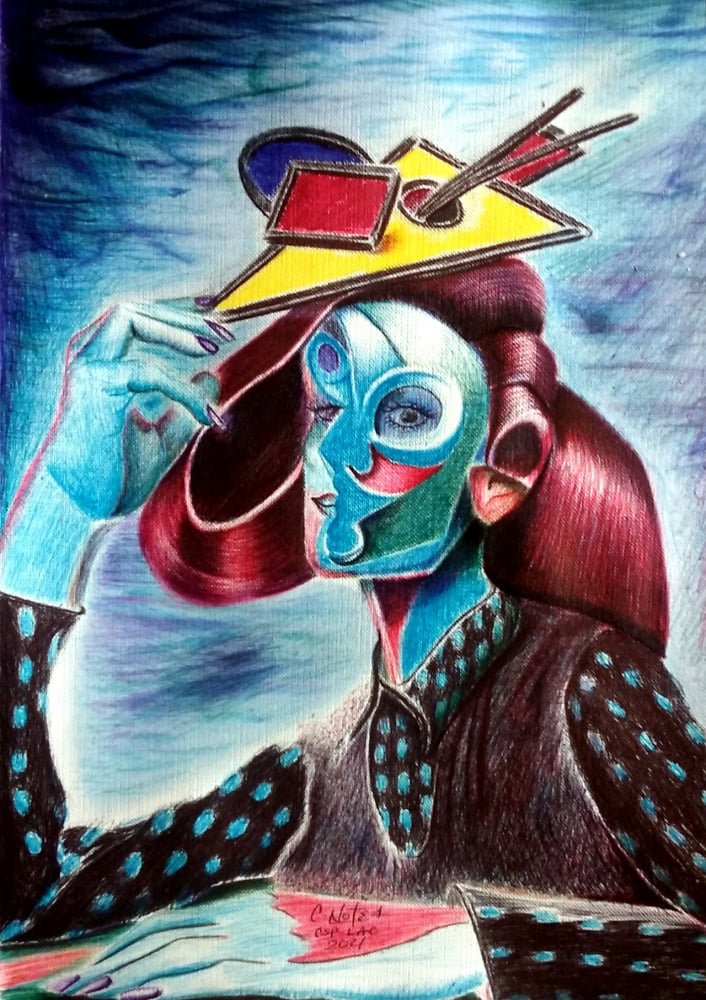
The Gwangju Biennale Foundation has tapped noted French scholar, curator, and critic Nicolas Bourriaud to serve as artistic director of the Fifteenth Gwangju Biennale, slated to open in September 2024. ArtReview reports that he will mount an exhibition examining the role of art in assisting humanity’s recovery from the social fragmentation engendered by the pandemic.
Bourriaud last year founded the international curatorial cooperative Radicants and curated its inaugural exhibition, “Planet B: Climate Change and the New Sublime,” at Venice’s Palazzo Bollani. He is best known as a cofounder of Paris’s iconic Palais de Tokyo, which he and Jérôme Sans established in 1999. Bourriaud served as co-director of the noncollecting contemporary art institution until 2006, leaving to become Gulbenkian Curator for Contemporary Art at London’s Tate Britain. Shortly leaving that post, in 2010, he took on the role of director of the École Nationale Supérieure des Beaux-Arts in Paris. He was controversially fired from that job in 2015 by Frances then minister of culture, Fleur Pellerin, after the two clashed over the school’s direction, with Bourriaud contending that politics had played a part in his dismissal. That same year, he founded Montpellier Contemporain. He led the French institution until 2021, when he was ousted by the city’s board of directors, who were reportedly unhappy with the cutting-edge programming at the museum and wanted the institution to take a more populist direction. Bourriaud is a veteran curator of biennials, having curated, among others, the 2019 edition of the Istanbul Biennial, the 2014 Taipei Biennial, and the 2009 Tate Biennial. Among his published works are Inclusions: Aesthetics of the Capitalocene (2020), The Radicant (2009), Postproduction (2002), and Relational Aesthetics (1998).
Of note, the Biennale announced today that it was discontinuing its Park Seo-bo Prize after just two years, according to ArtNews. The $100,000 prize, named for the famed South Korean artist and funded through his GIZI Foundation, was awarded just once, to sculptor Oum Jeongsoon. The cancellation follows criticism that the prize did not reflect the political nature of the biennial, which according to its website was “founded in 1995 in memory of spirits of civil uprising of the 1980 repression of the Gwangju Democratization Movement.” Park, a member of the minimalist Dansaekhwa movement of the 1960s, created work that was largely formalist. Those seeking the prize’s cancellation denounced him for creating “art for art’s sake.”
ALL IMAGES
This post was originally published on this site be sure to check out more of their content.






